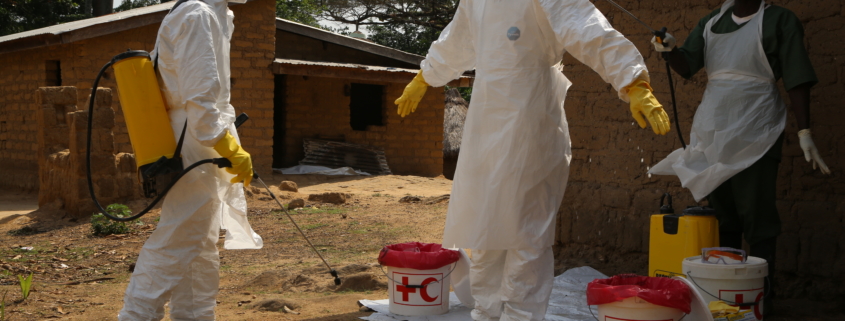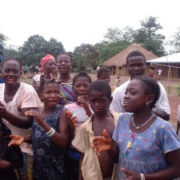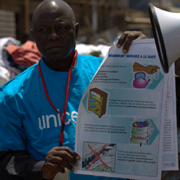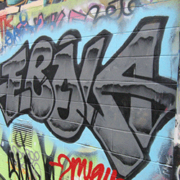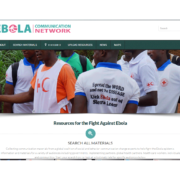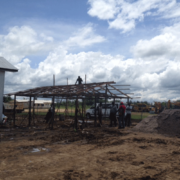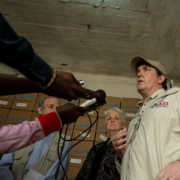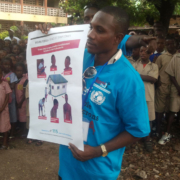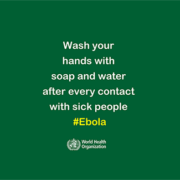Choosing an SBCC Framework for Ebola
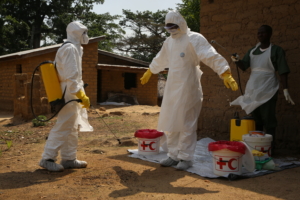
In an effort to curb the spread of Ebola in Guinea’s, volunteers are managing the dead bodies like here in the village of Koango, in Gueckedou when a girl whose grandmother is suffering from Ebola also deceased. ©afreecom/Idrissa Soumaré
Yesterday, my colleague opened a forum for discussing Ebola on the Springboard for Health Communication and invited me to join. For two months I’ve been following the outbreak on the news, reading about it on listervs and growing more and more concerned about it.
What I know
Ebola is brand new to West Africa, having only been documented in humans among the public in Central and East Africa. Just as health educators in the recent past had to convince many in Southern Africa that HIV/AIDS was real, they are today facing a similar challenge with Ebola in West Africa.
Ebola doubters are in Sierra Leone, Ebola skeptics in Liberia and Ebola vigilantes in Guinea. In each country campaigns are underway to counter these entrenched beliefs and large scale responses including a nationwide curfew in Sierra Leone. The curfew was a success but sustained social and behavior change communication (SBCC) is needed.
“The public needs to understand that this campaign did not end Ebola but can be the beginning of the end if everyone remains vigilant,” said American Charge d’affairs to Sierra Leone, Kathleen Fitzgibbon, as reported in the Guardian.
What I want to know
When countering fear and denial, what behavior change frameworks are most effective? Could the Diffusion of Innovation model be used to bring in new attitudes leading to behavior change? If so, what community leaders need to be reached first and, with the breadth of the outbreak so wide, which part of the population has the most pressing need?
Another of my colleagues shared a World Bank blog post suggesting that entertainment-education has a unique role to play in the Ebola response. In the post, Margaret Miller and Olga Jonas discuss fear in the context of the movie Contagion. If the Extended Parallel Process Model were to be used, how would it be done?
Countries in East Africa where Ebola has been seen in the past (Uganda in 2000-2001 and 2007-2008) also have a need for social and behavior change communication and are taking notice. What model would be appropriate for these countries who may have different knowledge attitudes and practices about Ebola? How might their unique history addressing HIV/AIDS factor into choosing a BCC framework?
If you have an idea or thought, please let us know by sharing it as a comment below.

